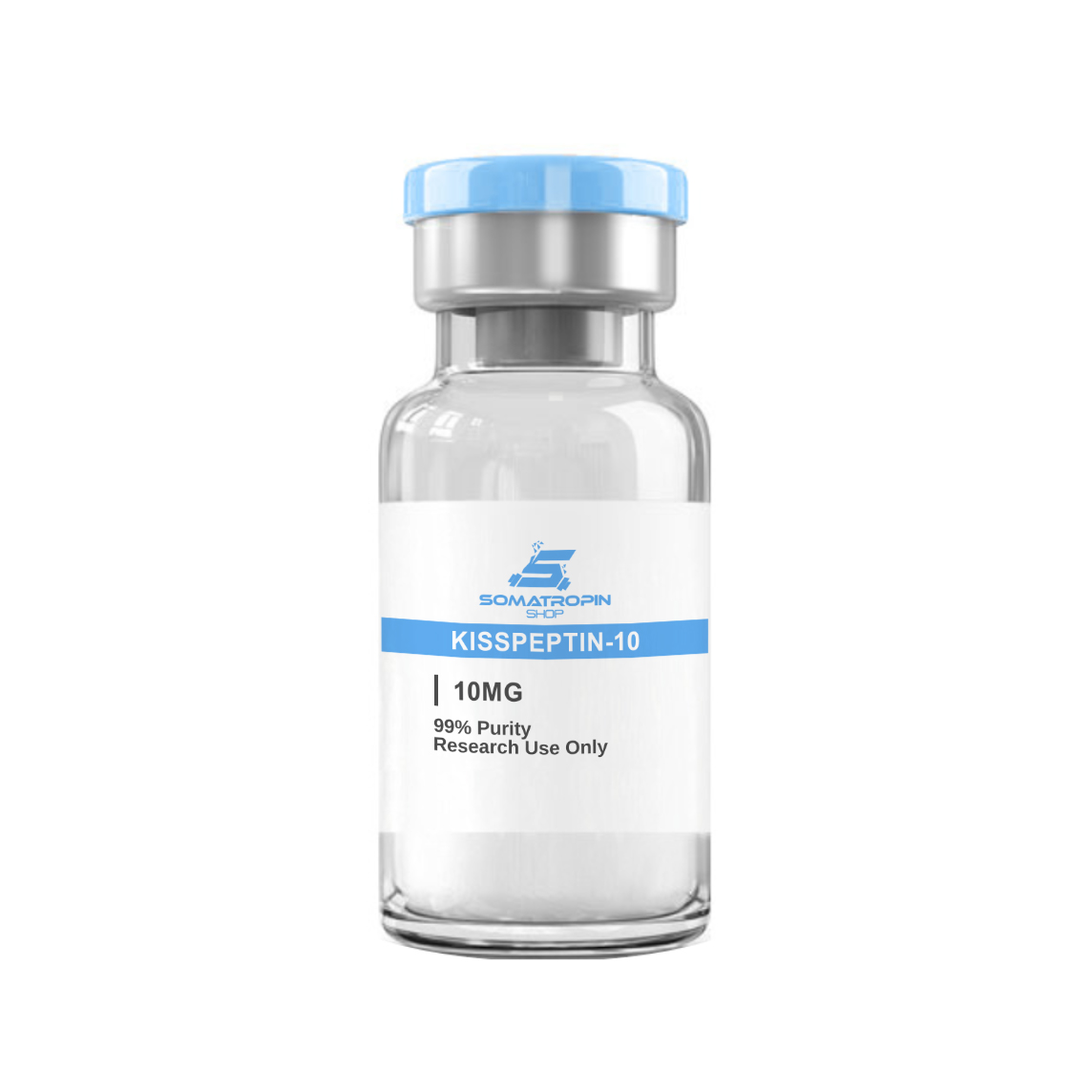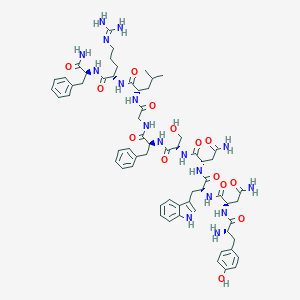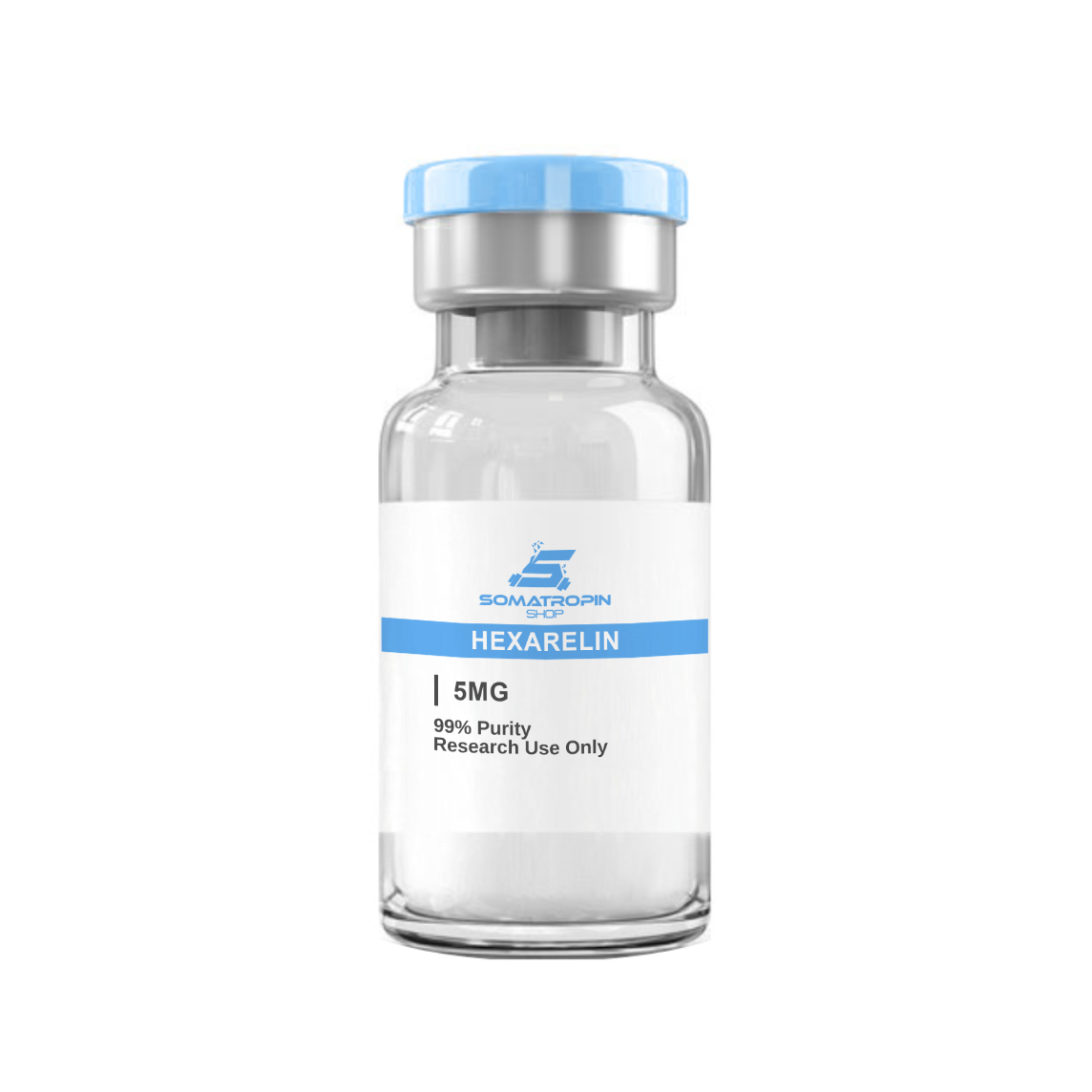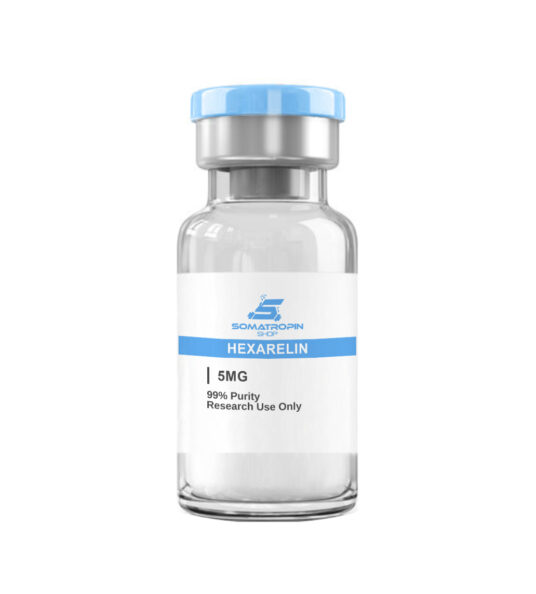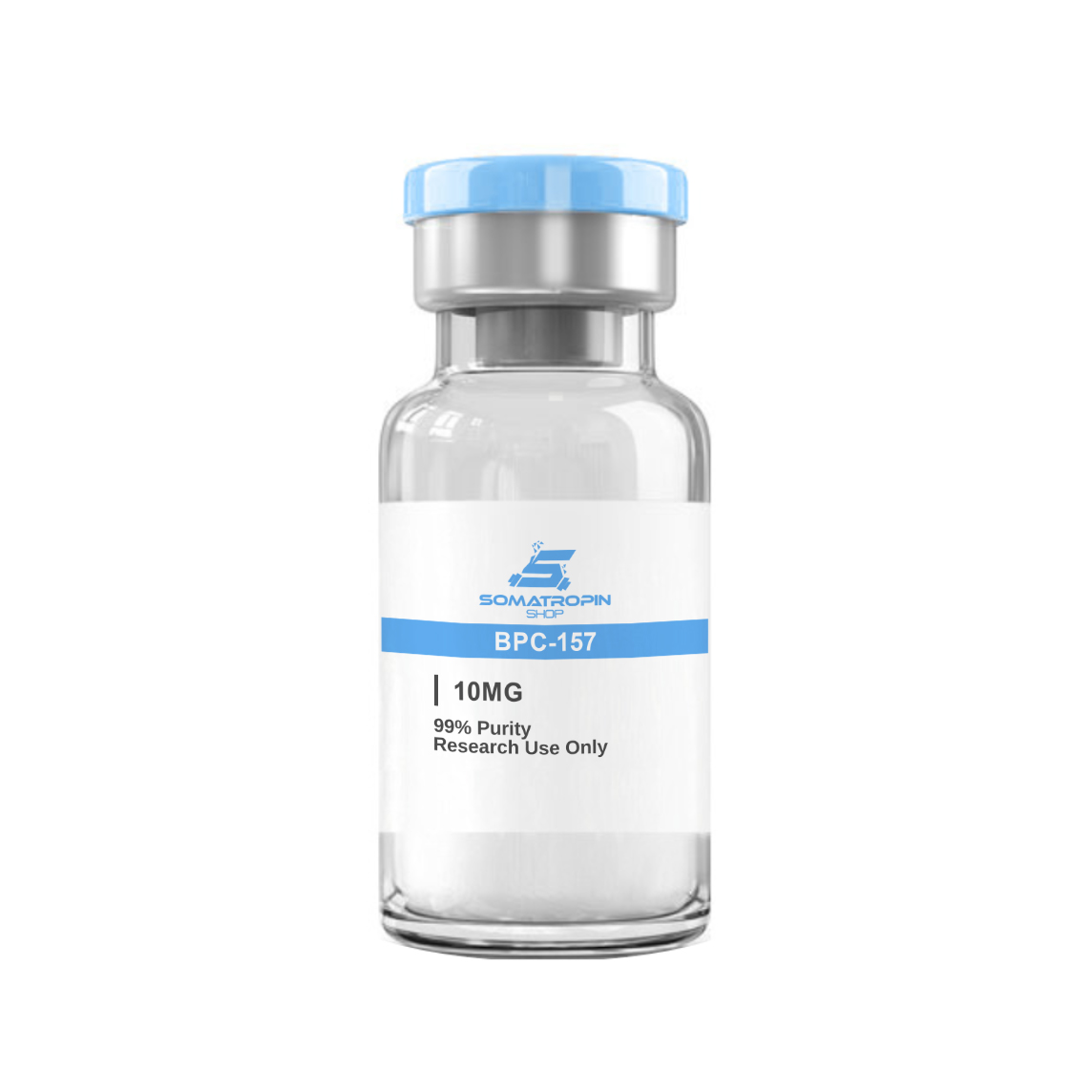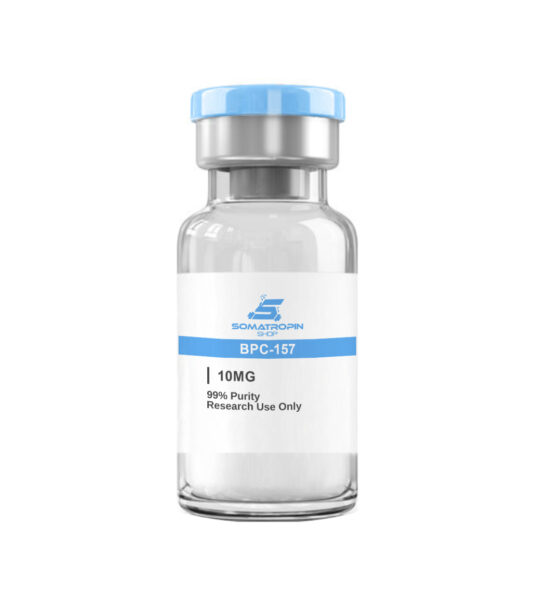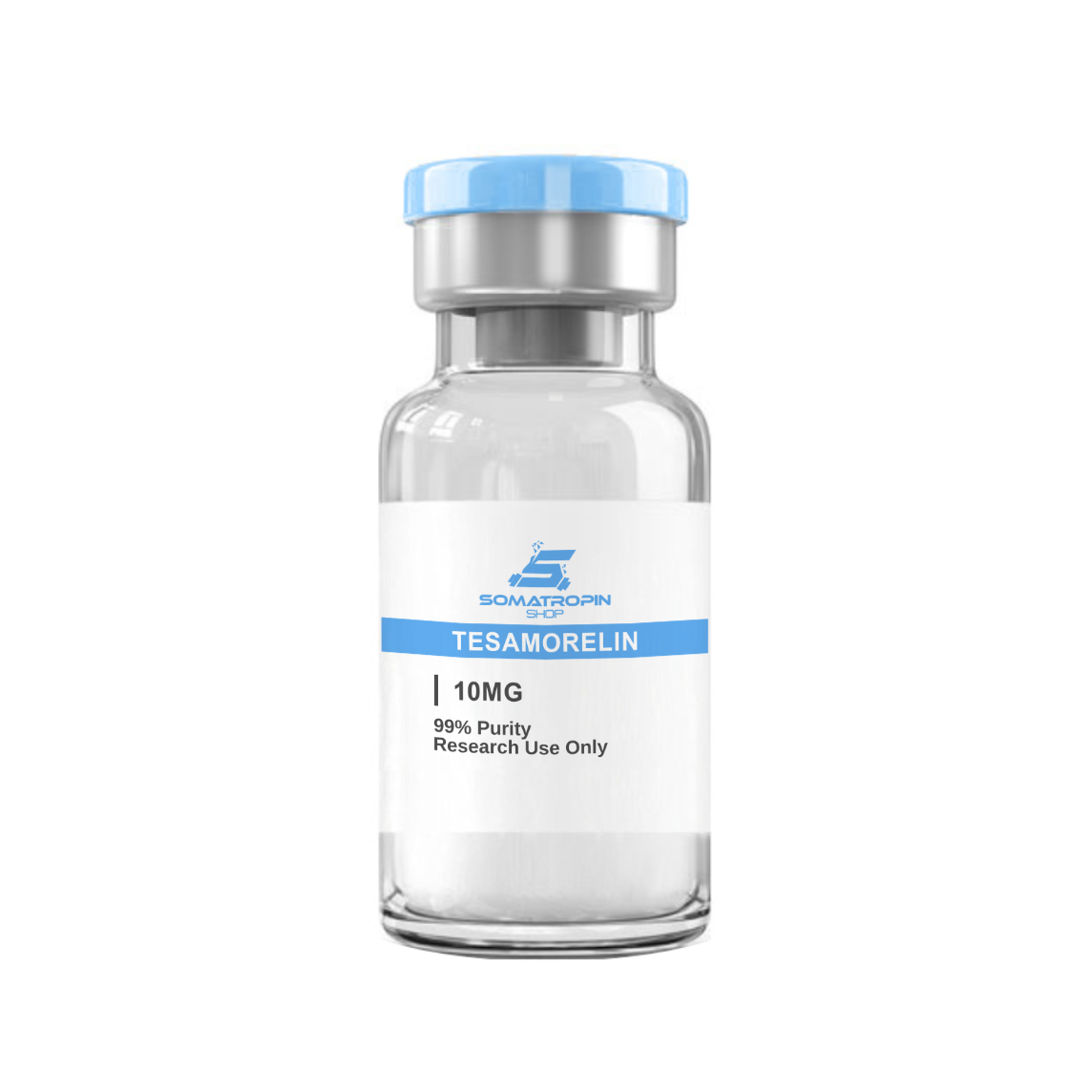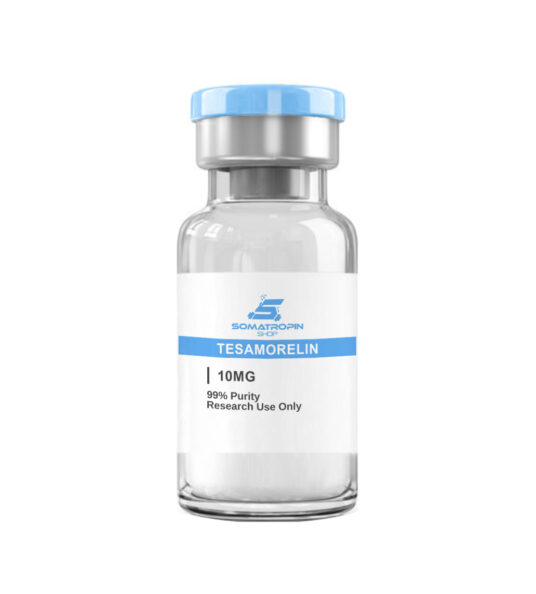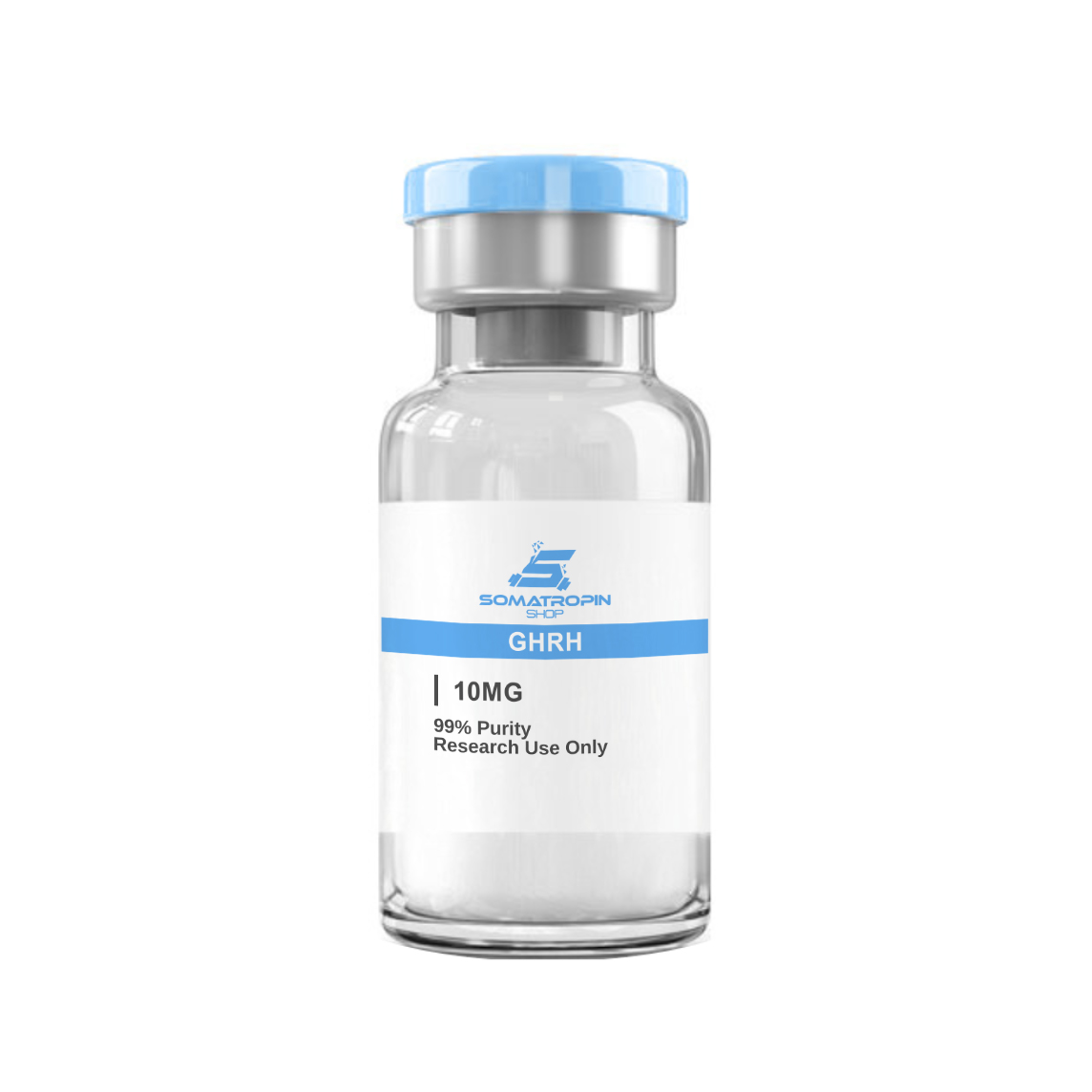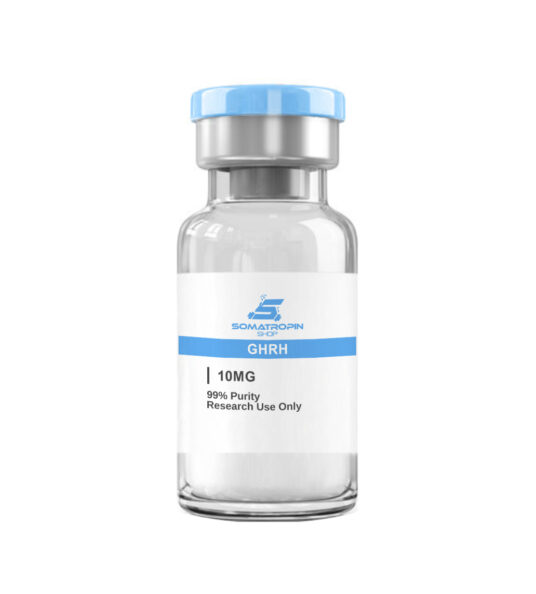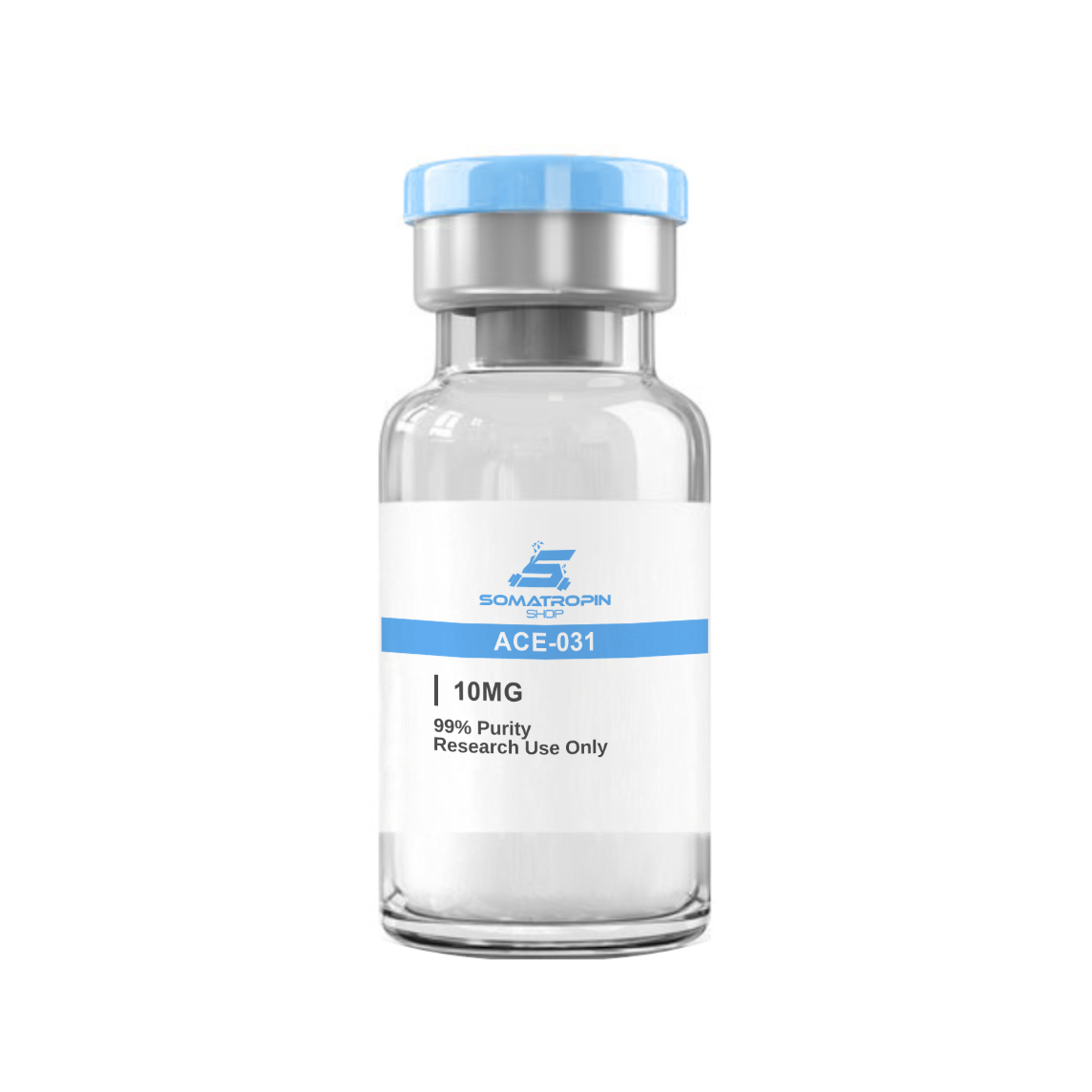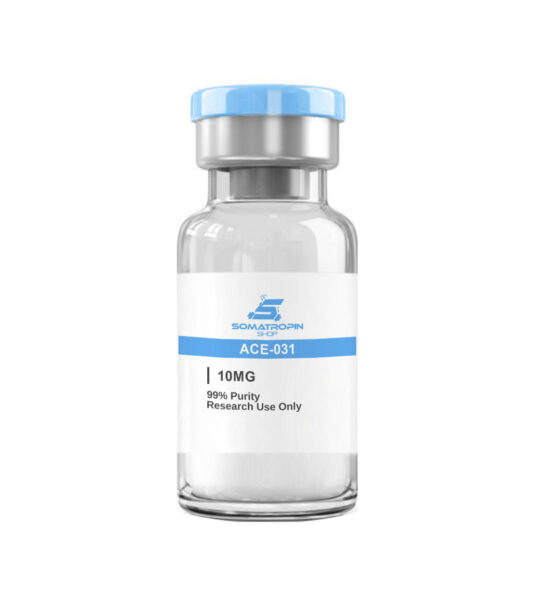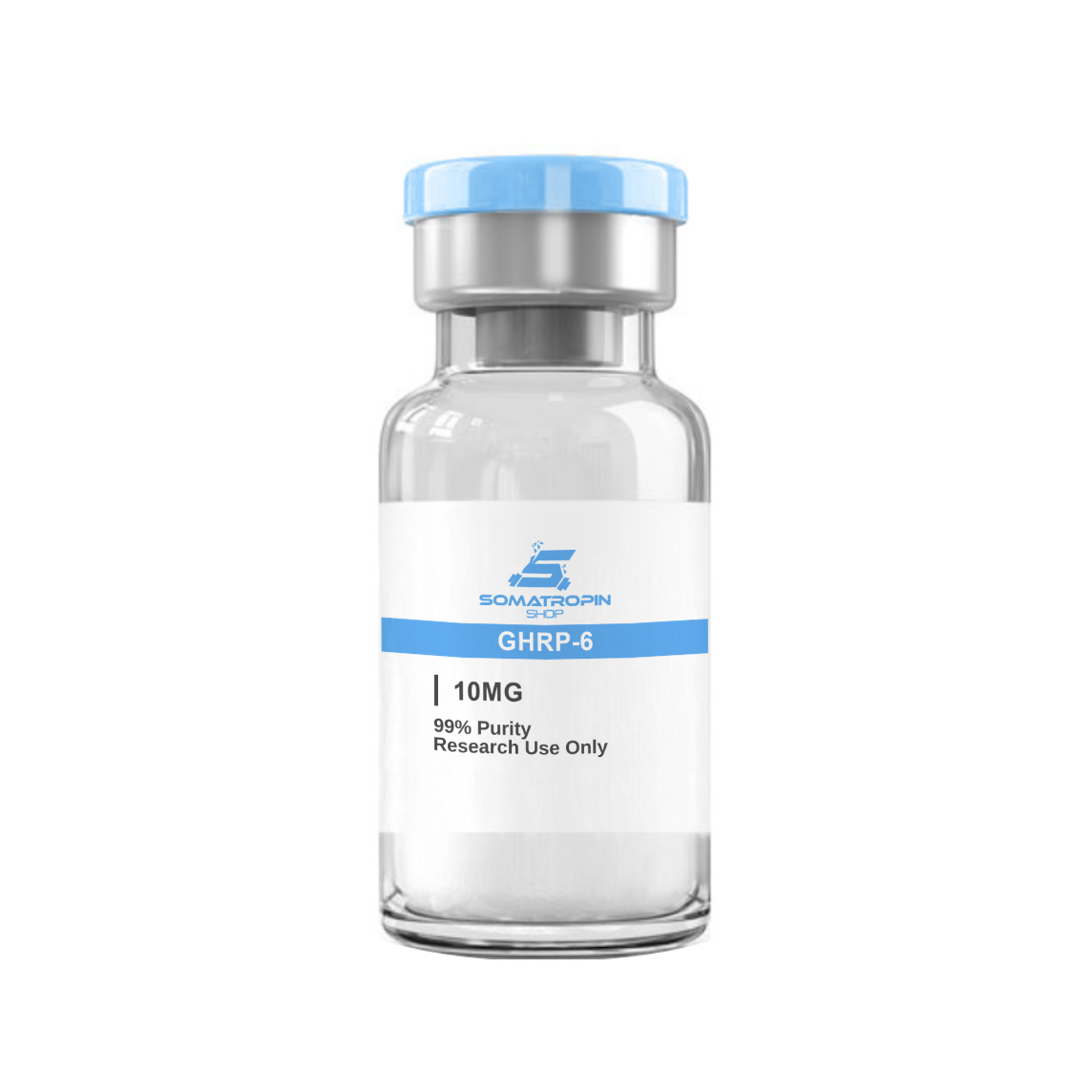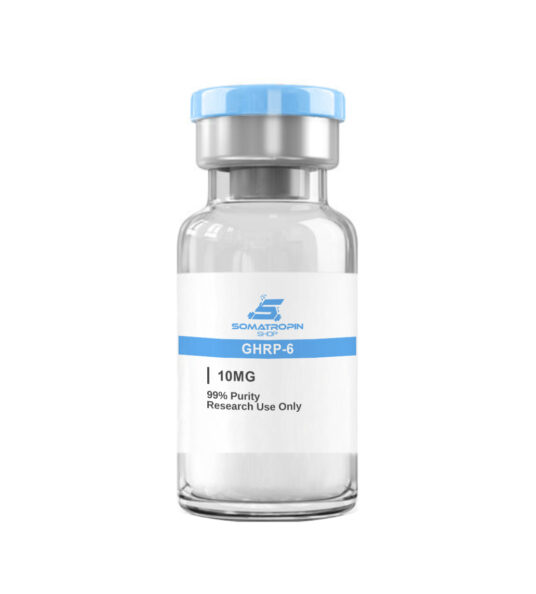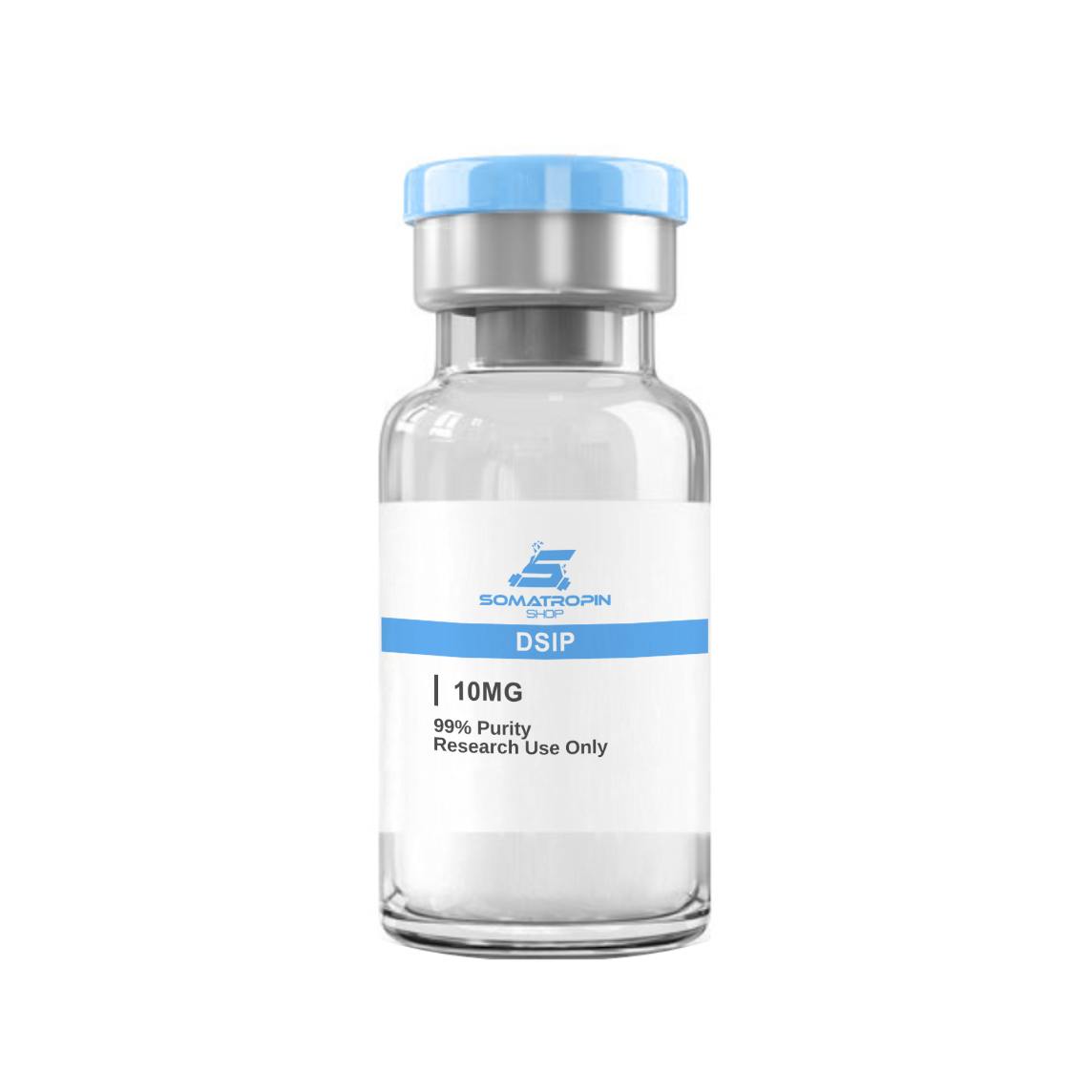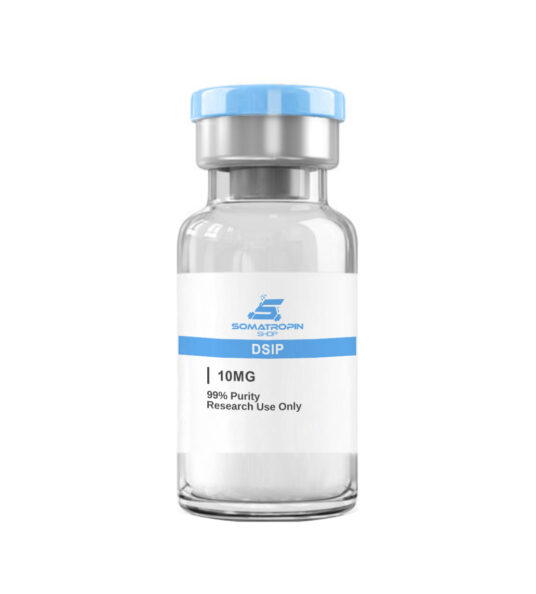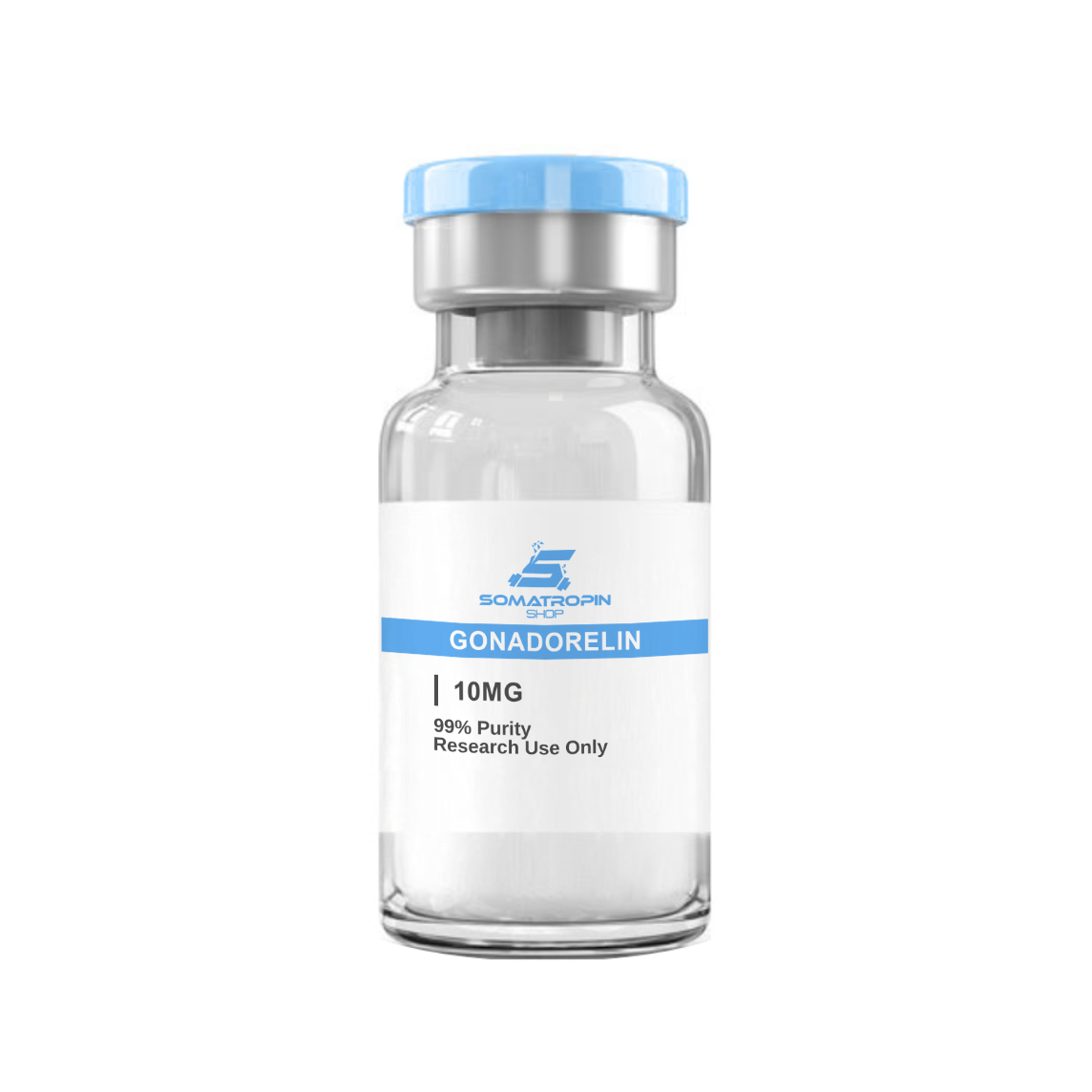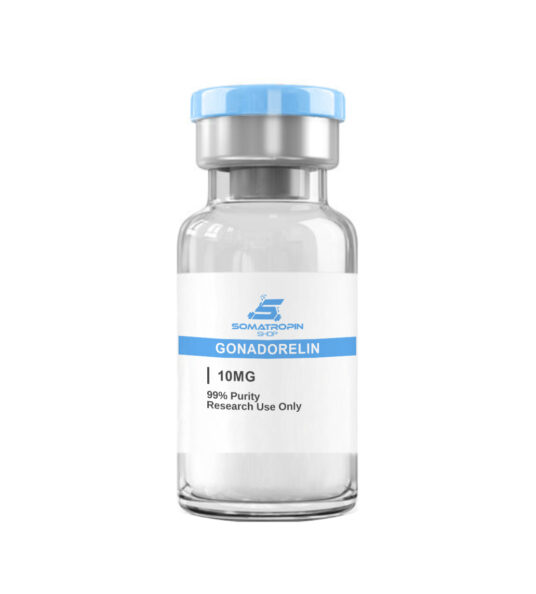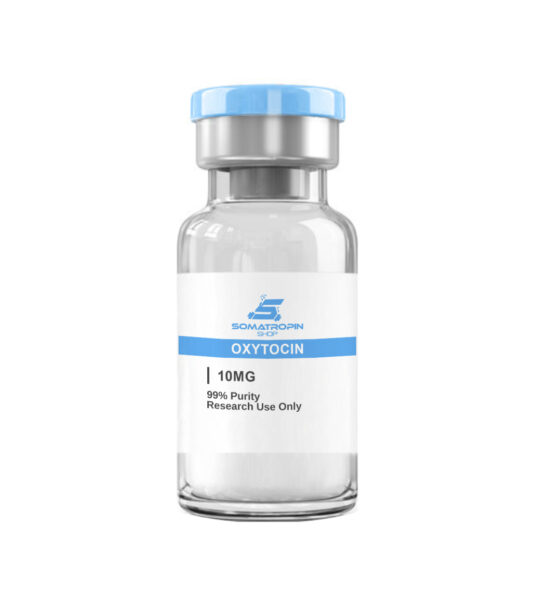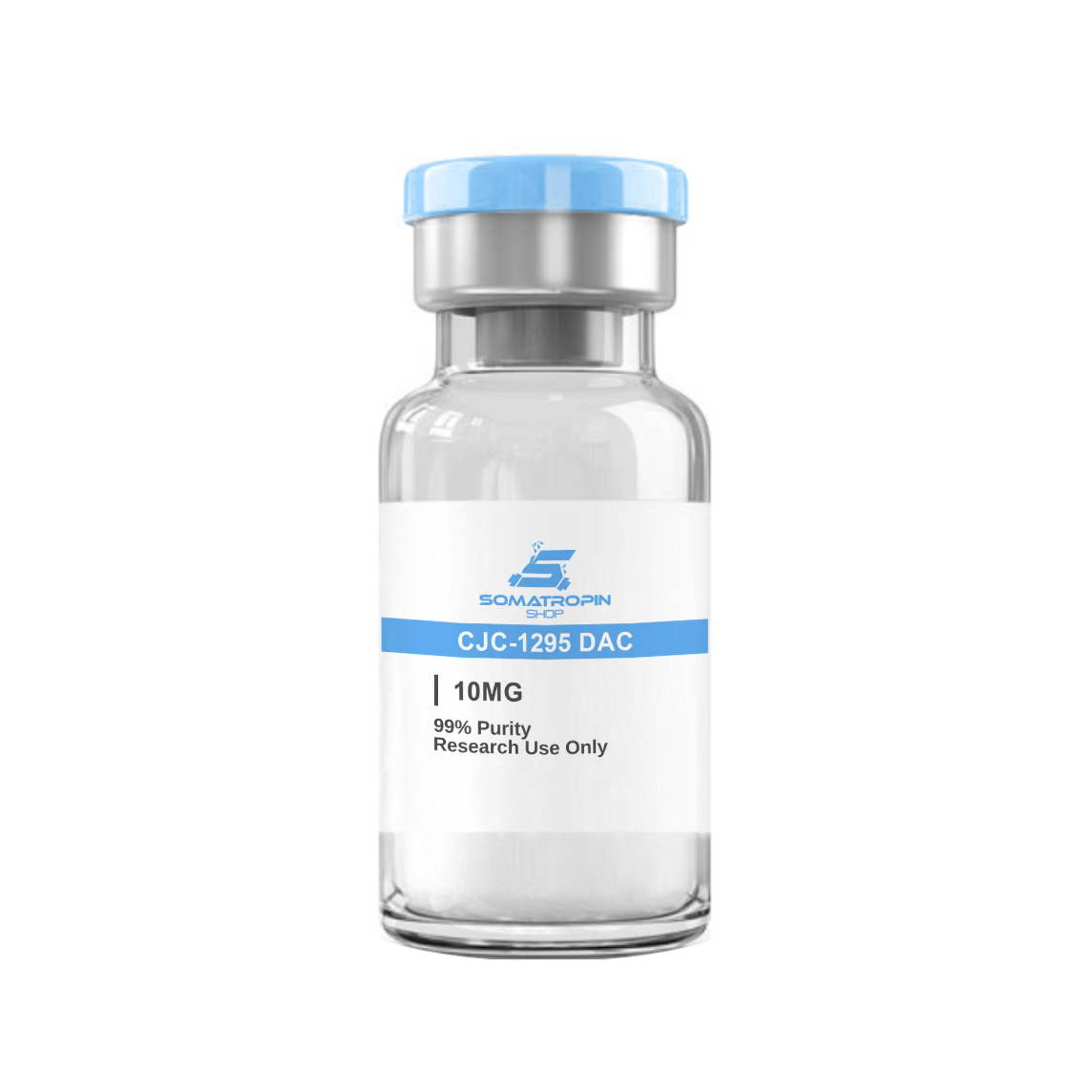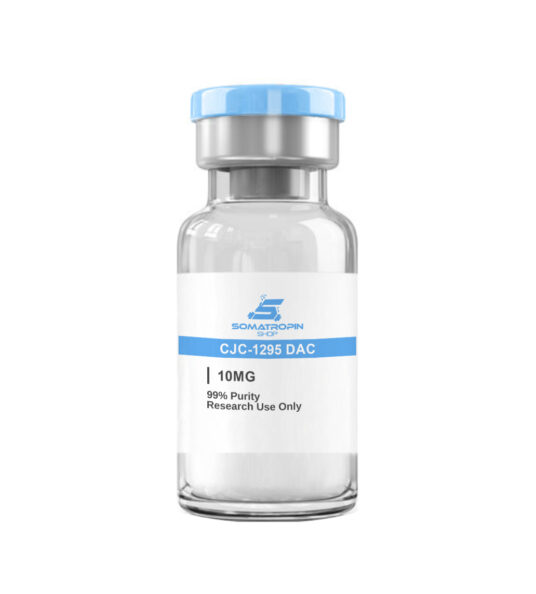Description
What is Kisspeptin?
Kisspeptin (a.k.a. Metastin) is a naturally occurring Human Protein that plays essential roles in hormone signaling during Puberty and Reproduction. It is also thought to alter mood and behavior, promote Angiogenesis, and regulate Kidney function. it is also found in the Brain and is known to suppress Tumor growth and Metastasis (spread). being one of the most significant scientific interests for its ability to influence Gonadotropin Releasing Hormone (GnRH).
Structure
Sequence: YNWNSFGLRF
Molecular Formula: C63H83N17O14
Molecular Weight: 1302.4 g/mol
PubChem CID: 25240297
Synonyms: KISS-1, Protein KISS-1, Metastin, Kp-10 peptide
Source: PubChem
Kisspeptin Research
Boosting Gonadotropin-Releasing Hormone
Gonadotropin-releasing Hormone (GnRH) is synthesized in and released from GnRH Neurons in the Hypothalamus. It is the first Hormone released in the Hypothalamic-Pituitary-Gonadal axis and controls the release of Follicle-Stimulating Hormone (FSH) and Luteinizing Hormone (LH) from the Anterior Pituitary Gland. GnRH is the primary driver of Puberty and controls the maturation of Gametes in the Genitals. It is used therapeutically to control menstruation in select settings, as a treatment for precocious Puberty, and as a continuous infusion in certain types of cancer.
Increasing Testosterone
By affecting circulating levels of LH and FSH, Kisspeptin can alter Testosterone levels. This alteration, however, appears to be Sex-specific. In men, Kisspeptin increases Testosterone levels, while in women, it has no discernible impact on Testosterone. A different analog of Kisspeptin has been found to alter the pulse frequency of LH in men, suggesting that Kisspeptin helps fine-tune the standard Pulsatile release of Sex Hormones. A study of healthy men given Kisspeptin revealed a rapid and dose-dependent increase in serum LH levels and a concomitant increase in Testosterone levels. Kisspeptin appears to achieve this feat by increasing the Pulsatile release of LH. If given at high enough doses, Kisspeptin causes rapid pulsation to obscure individual pulses entirely, resulting in continuous LH release. This finding opens the door for potential uses of this peptide and its analogs in various settings, from pregnancy to low Testosterone levels.
Energy Balance
Kisspeptin neurons have long been known to be sensitive to the energy status of an individual. Both under-nutrition and severe over-nutrition can blunt the action of Kisspeptin Neurons in stimulating GnRH release. Drastic changes in energy balance can lead to infertility in men and women, a process that Kisspeptin mediates.
So it is well understood that Kisspeptin production and release is sensitive to energy balance. What is becoming more apparent, however, is that Kisspeptin may itself regulate energy balance. This finding arose through the observation of mice in which scientists, via genetic manipulation, removed the Kisspeptin receptor (Kiss1r). These mice showed increased Adiposity and reduced energy expenditure. Adipose tissue and brown Adipose tissue contains Kisspeptin receptor. Energy status and reproductive fitness are tightly linked to Kisspeptin. Kisspeptin may be one link that explains the Neurochemical control that leads to energy-modulating behavior with reproduction.
Cancer Research
Twenty years ago, Scientists discovered that Kisspeptin could suppress Metastasis of Melanoma (Malignant Skin Cancer) by as much as 95%. It appears that the Peptide produces this effect by reducing Cancer Cell Migration. There is also some question as to whether Kisspeptin can minimize cell adhesion and thereby prevent Cancer cells from sticking to other tissues and invading them. Screening of various Metastatic Cancer types reveals that Breast, Bladder, GI, Prostate, Pancreatic, Ovarian, Skin, and Thyroid cancers all show changes (generally decreases) in Kisspeptin levels, confirming that the Peptide plays a role in the spread of cancer.
An interesting connection between Kisspeptin, melatonin, and cancer was discovered only in the early months of 2020 when an experiment linked levels of the peptides to exposure to daylight. In the experiment, mice exposed to sunlight and darkness showed drastically different levels of Melatonin and Kisspeptin. Those exposed to sunlight had high Kisspeptin levels and low Melatonin levels, and the opposite was true of those kept in the dark. The mice were injected with Melanoma cells to add to the experiment’s value. It turns out that the daylight mice had high tumor growth rates and tumor volume. No measure was made of Metastasis. It appears that Melatonin and Kisspeptin are both involved in tumor suppression such that one influences the other, but the exact connection remains unknown. This example is just one example of how Kisspeptin interacts with the body to alter tumor growth.
Studied Memory Enhancement
Certain analogs to the peptide appear essential in the areas of the brain responsible for memory consolidation and orientation in 3-D space. Research in mice suggests that these peptides’ administration can help reverse the learning and navigational impairment often seen in Ethanol Intoxication. This research indicates that Kisspeptin and its analogs play a role in the ability of Neurons to encode information and may make these peptides of potential interest in offsetting learning deficits seen in certain Genetic and Chronic disease situations. While this research is in its early stages, it helps to widen our understanding of learning. It pushes us further toward developing Nootropics that can help stimulate healthy and damaged brains to improve function.
Impact on Mood
Just like reproduction and energy status are interconnected, researchers questioned how the peptide might influence emotion and behavior, Given the role in both reproduction and energy Homeostasis. To test this connection, they compared Kisspeptin to placebo administration in 29 healthy heterosexual men. Individuals given Kisspeptin showed it enhanced limbic brain activity. In particular, the individuals showed increased reward-seeking behavior, increased drive, and improved overall mood. It would appear that Kisspeptin plays a role in integrating sexual and emotional brain processing with the overall reproduction process. These findings help to further our understanding of mood, motivation, and drive not just as they relate to sex but as they relate to human behavior in general.
Kidney and Heart
Much is made of the role in reproduction and reproductive hormone control. It comes as a surprise then to learn that it is also essential in the Kidney. Kisspeptin and its receptor are found in several locations throughout the Kidney and are thought to play a role in signaling Kidney function. Research in mice lacking the Kiss1 receptor reveals that the peptide is essential in ensuring glomerular development during development. However, the exact nature of this action, whether direct or indirect, remains to be elucidated.
Though the exact role of Kisspeptin in the Kidney is not understood, it may relate to the Protein’s more significant overall role in controlling vascular development and vascular response to injury. Research in Cardiovascular disease in mice suggests that it may play an essential role in specific vascular beds and not others, controlling vasoconstriction and cardiac output in particular settings. The impact of it in the Kidney and Cardiovascular system appears to be related to the effects of the peptide on Angiogenesis and Vascular function. This same trait may explain Kisspeptin’s role in reducing the Metastasis of tumors. Understanding the finer points of functionating in blood vessels will help to move the peptide further into the Therapeutic sphere.
Kisspeptin Summary
Kisspeptin is a peptide that acts primarily but not exclusively, in the brain to control hormone secretion as it relates to human reproduction. There is a great deal of interest in understanding how it influences everything from Testosterone levels to sex-related behaviors like drive and motivation.
